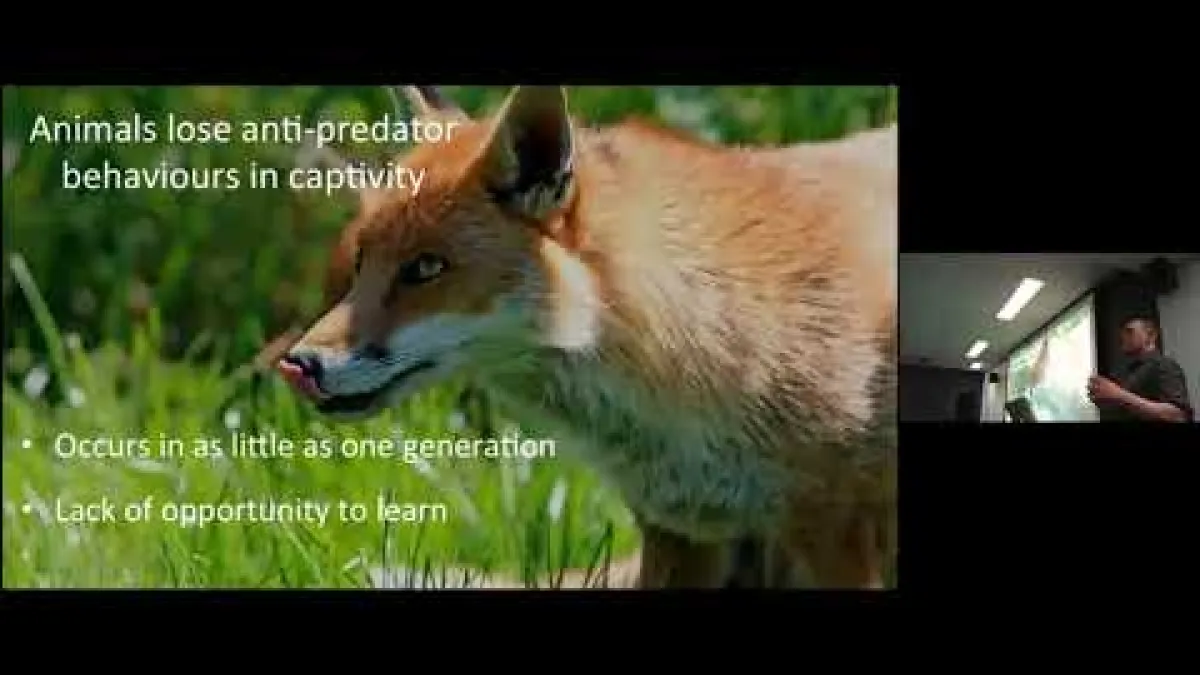E&E PhD Exit Seminar: Fear and Learning on the Yarra: Predator Awareness Training in the critically endangered Helmeted Honeyeater
Captive breeding and reintroduction are key to modern conservation, but high predation in recently released animals means reintroductions often fail.
Speakers
Event series
Content navigation
Description

Captive breeding and reintroduction are key to modern conservation, but high predation in recently released animals means reintroductions often fail. The high risk of predation may be caused by the loss of anti-predator behaviours while in captivity, where individuals have little opportunity to learn about predators or alarm calls that warn of their presence. In response, there has been increasing interest in understanding the place of learning and behaviour in conservation reintroductions, and the potential for training programs to address loss of behaviour in captivity. I examined anti-predator behaviour and learning in the critically endangered Helmeted Honeyeater (Lichenostomus melanops cassadix), and the effectiveness of predator awareness training in improving behaviour and post-release success. I first systematically reviewed predator awareness training in terrestrial vertebrates, and described the state of this still-emerging field. I then conducted a series of experiments to describe the honeyeaters’ response to alarm calls, and developed a training program on captive-bred juveniles, aimed at reducing their susceptibility to predation after release. Finally, I examined whether, in the wild population, birds that had been raised in captivity responded differently to alarm calls than those raised in the wild. Overall, the study was aimed at conserving in this endangered bird, and providing general insights into the intersection of conservation, ecology, cognition, and behaviour.
Location
Please note: this seminar will be held in the Seminar Rm and via Zoom, details are included below.
Eucalyptus Seminar Room, Rm S205, Level 2, RN Robertson Building (46)
Please click this link to join the webinar:
https://anu.zoom.us/j/91378744419?pwd=QUJma0FmbnlpTk9iR0FORktnSU5GQT09
Passcode: 832105
Canberra time: please check your local time & date if you are watching from elsewhere


